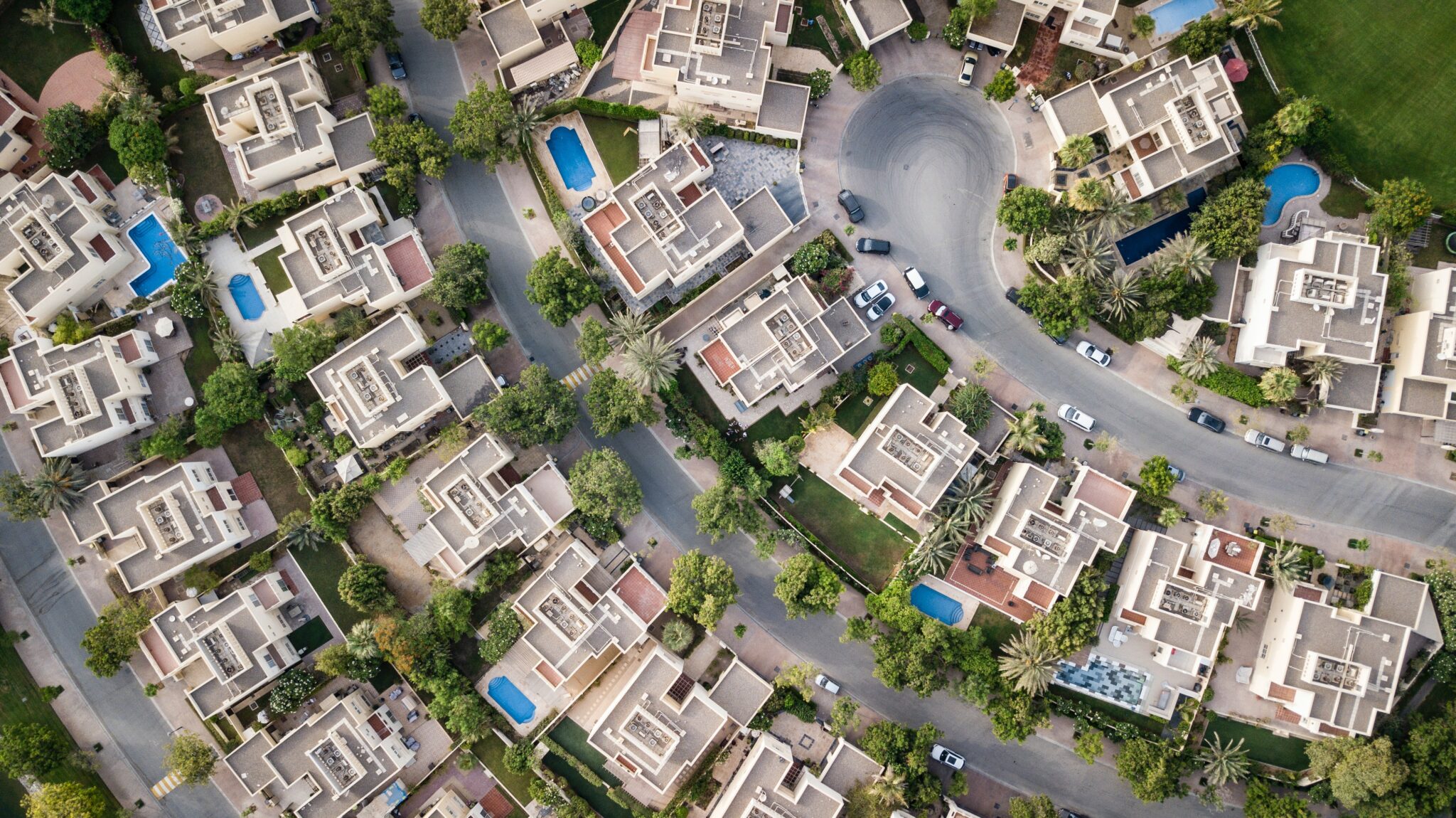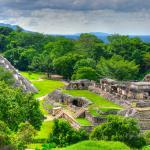
The Mexican real estate market has been a dynamic sector with a blend of traditional charm and modern investment opportunities. Known for its diverse landscapes, rich cultural heritage, and vibrant cities, Mexico offers a multifaceted real estate market that attracts both domestic and international investors alike.
Economic Stability and Growth
Mexico's economy has shown resilience over the years, supported by factors such as a large and growing population, strategic geographical location, and increasingly diversified industries beyond traditional sectors like oil and agriculture. This economic stability has bolstered confidence in the real estate sector, driving demand across various segments.
Residential Real Estate
Residential real estate in Mexico spans from luxury beachfront properties in Cancun and Puerto Vallarta to urban apartments in bustling cities like Mexico City and Monterrey. The market caters to a wide range of buyers, from retirees seeking peaceful retirement communities to young professionals looking for modern urban living spaces.
Recent trends indicate a growing interest in sustainable and eco-friendly housing options, reflecting global concerns about environmental impact and energy efficiency. Developments incorporating green technologies and design principles are gaining popularity among buyers and developers alike.
Commercial and Industrial Real Estate
The commercial and industrial real estate sectors in Mexico are buoyant, driven by the country's strategic trade agreements and its role as a manufacturing hub. Industrial parks and logistics centers near major ports and transportation hubs are in high demand, facilitating efficient supply chain operations for multinational corporations.
In urban centers, office spaces continue to evolve, with a trend towards mixed-use developments that integrate office spaces with retail, dining, and recreational facilities. This integrated approach not only enhances convenience for occupants but also maximizes the potential for rental income and property value appreciation.
Tourism and Hospitality Sector
Mexico's popularity as a tourist destination fuels a robust hospitality real estate market. From boutique hotels in historic towns to expansive resorts along the Riviera Maya, investments in tourism-related properties offer lucrative opportunities. The government's focus on promoting tourism infrastructure further enhances this sector's attractiveness to investors seeking steady returns.
Regulatory Environment and Investment Climate
Navigating Mexico's real estate market requires understanding local regulations and legal frameworks, which can vary by region. Foreign investors often partner with local firms to navigate these complexities effectively. Recent reforms aimed at streamlining property transactions and improving transparency have enhanced the overall investment climate, encouraging more foreign direct investment (FDI) in the sector.
Challenges and Opportunities
Like any market, the Mexican real estate sector faces challenges such as economic volatility, regulatory changes, and infrastructure development gaps. However, these challenges also present opportunities for innovative solutions and strategic investments, particularly in emerging markets outside major urban areas.
Future Outlook
Looking ahead, the Mexican real estate market is poised for continued growth and diversification. Factors such as urbanization, demographic shifts, and evolving consumer preferences will shape future trends. Sustainable development practices and technological advancements are expected to play pivotal roles in shaping the market's trajectory, making it an exciting time for investors and stakeholders alike.
In conclusion, Mexico's real estate market offers a compelling blend of opportunity and diversity, driven by economic stability, cultural richness, and strategic advantages. Whether you're considering residential, commercial, or hospitality investments, understanding these dynamics is crucial for making informed decisions in this dynamic and evolving market landscape.
 Overview of the Mexican Real Estate Market
Overview of the Mexican Real Estate Market
 Discovering Mexico: A Journey Through Its Diverse Tourist Attractions
Discovering Mexico: A Journey Through Its Diverse Tourist Attractions